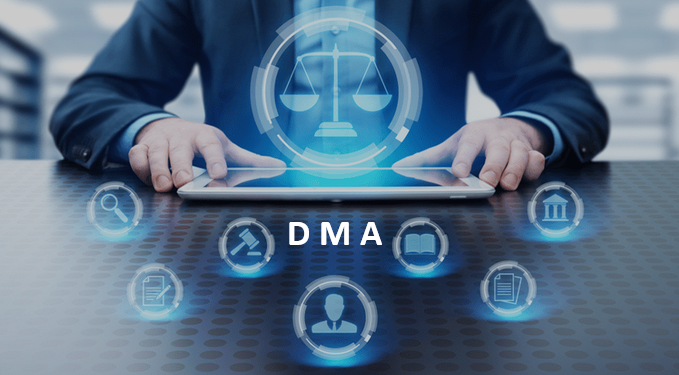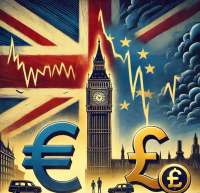The DMA targets the most powerful digital platforms, known as “gatekeepers,” and seeks to curtail their monopolistic practices, ensuring a more open and contestable digital market.
What is the Digital Markets Act?
The DMA is a landmark legislative measure introduced by the European Union to regulate digital platforms that have significant market power. It establishes a set of defined rules that companies meeting certain criteria must follow. The primary aim is to prevent these powerful players from abusing their dominance and to create a fairer digital economy for consumers and smaller competitors.
The legislation complements the existing antitrust laws of the EU by proactively regulating conduct, rather than relying solely on lengthy and reactive investigations after harm has occurred. In essence, it transitions from case-by-case antitrust enforcement to a rules-based approach, specifically targeting systemic issues in the digital market.
Why Was the DMA Introduced?
Over the past decade, the digital economy has been increasingly dominated by a small number of global tech giants. While these companies have driven innovation, their scale and control over key digital infrastructure have raised concerns about anti-competitive practices. These include self-preferencing (promoting their own services over competitors’), limiting interoperability, locking in users, and collecting vast amounts of user data with limited transparency.
The European Commission launched the DMA to restore balance in the digital economy, ensure better consumer choice, support innovation, and create a level playing field for businesses operating in the EU. The Act is seen as essential to curbing the monopolistic tendencies of “gatekeeper” platforms before they cause irreversible harm to market dynamics.
The DMA shifts the approach to a proactive framework, aiming to preempt violations and level the digital playing field from the outset.
When Did the DMA Take Effect?
The DMA was formally adopted on March 24, 2022, and became enforceable in May 2023. Gatekeepers were required to comply with the obligations within six months of being designated by the European Commission.
Who Must Comply With the DMA?
The DMA applies specifically to companies designated as “gatekeepers.” A gatekeeper is defined by the following criteria:
- The company has a strong economic position, significant impact on the internal market, and is active in multiple EU countries.
- It provides a core platform service (like search engines, social networks, or app stores) used by businesses to reach end users.
- It has a durable position in the market, with an annual turnover in the European Economic Area of at least €7.5 billion, or a market valuation of at least €75 billion, and at least 45 million monthly end users and 10,000 yearly business users.
As of 2024, companies identified as gatekeepers include:
- Alphabet (Google): For services like Google Search, Google Maps, and the Play Store.
- Apple: For its App Store and iOS platform.
- Meta (Facebook): For Facebook, Instagram, and WhatsApp.
- Amazon: For its e-commerce and marketplace operations.
- Microsoft: For LinkedIn and Windows OS.
- ByteDance: For TikTok.
These companies must adhere to DMA regulations across their core platform services, such as Google Search, the Apple App Store, Facebook, WhatsApp, and Windows OS.
Key Obligations Under the DMA
Gatekeepers must adhere to a list of “do’s and don’ts” outlined in the legislation. These include:
- Allowing users to uninstall pre-installed apps.
- Prohibiting self-preferencing practices in rankings.
- Granting access to data generated in business-user interactions.
- Ensuring interoperability with third-party services.
- Refraining from tracking users across services without explicit consent.
Non-compliance can lead to fines of up to 10% of the company’s global annual turnover, or 20% for repeat offenses. Structural remedies, including the break-up of companies, can also be considered in extreme cases.
Impact and Future Outlook
The DMA marks a turning point in the way digital markets are regulated. Its proactive stance gives regulators more teeth and empowers smaller players. However, it also poses significant operational and legal challenges for gatekeepers, who must restructure parts of their business models to comply.
While the full effects of the DMA will take time to materialize, its message is clear: the EU is committed to holding tech giants accountable and ensuring that digital markets remain fair and open for all.
This regulation may inspire similar laws in other jurisdictions, ushering in a new era of global digital regulation.








